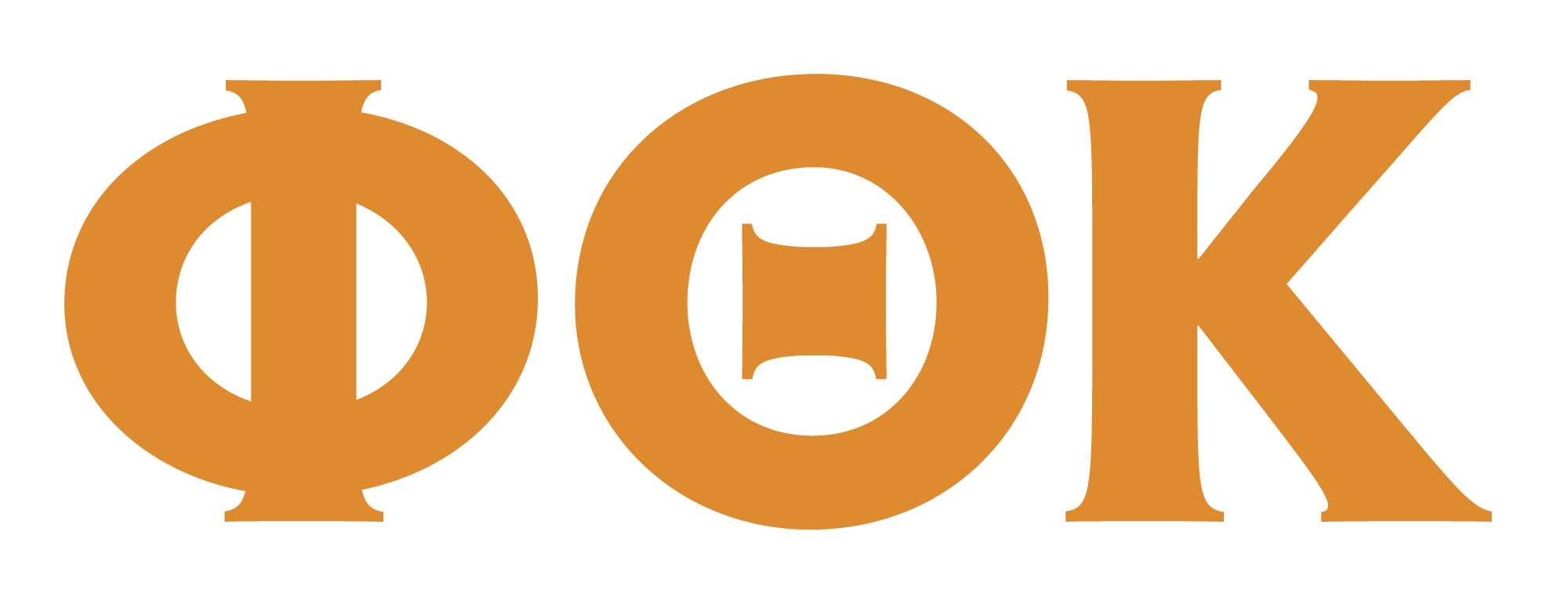About Phi Theta Kappa

Phi Theta Kappa is the largest honor society in American higher education with 1,280 chapters on two-year and community college campuses in all 50 of the United States, Canada, Germany, the Republic of Palau, Peru, the Republic of the Marshall Islands, Federated States of Micronesia, the British Virgin Islands, the United Arab Emirates and U.S. territorial possessions. More than 2.5 million students have been inducted since its founding in 1918, with approximately 135,000 students inducted annually.
Phi Theta Kappa Honor Society was founded in 1918 by presidents of eight Missouri junior colleges for women, who sought to establish an academic honor society with a common purpose and organization. Over 90 years later, Phi Theta Kappa is recognized as the official Honor Society for community colleges by the American Association of Community Colleges.
Mission Statement
“The purpose of Phi Theta Kappa shall be to recognize scholarship among two-year college students. To achieve this purpose, Phi Theta Kappa shall provide opportunity for the development of leadership and service, for an intellectual climate for exchange of ideas and ideals, for lively fellowship for scholars, and for stimulation of interest in continuing academic excellence.”
Alpha Xi Sigma Chapter
Fast facts about HVCC’s chapter of Phi Theta Kappa:
- Chartered in 1988
- Chapter Development Goal: 5 Stars
Brief History
Phi Theta Kappa traces its beginnings to a Society that originated with six charter members under the name of Kappa Phi Omicron at Stephens College in Columbia, Missouri, in 1910. The Society continued to grow and in the spring of 1918 was one of many honorary groups in Missouri. At a meeting of the presidents of the Missouri junior colleges for women in 1918, it was decided to organize a new honorary society, chapters of which would have a common character, stand, and similarity of organization. The name Phi Theta Kappa was chosen, and the Society was incorporated in Missouri as a national organization.
For the first six years, Phi Theta Kappa confined its activity to women’s junior colleges, but in 1924 through constitutional amendment, the field of activity was enlarged to cover all junior colleges. In 1926, Phi Theta Kappa expanded beyond the borders of Missouri and into coeducational institutions. The American Association of Community Colleges recognized Phi Theta Kappa as the official honor society for two-year colleges in 1929.
In the early years, Phi Theta Kappa membership was conferred to students at time of graduation and few programs and services were offered. The explosive growth of community colleges in the 1960s led Phi Theta Kappa to expand its mission to reflect the nurturing philosophy of the institutions it served.
